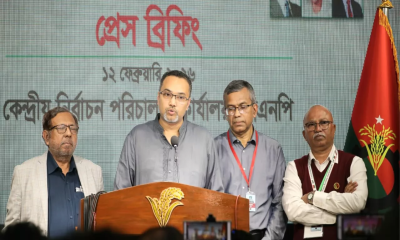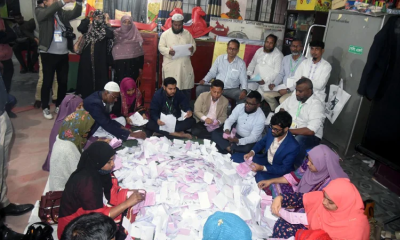On the morning of Aug. 15, 1975, the democratically elected government of Bangladesh was overthrown by a military coup. The soldiers who stormed the Dhaka residence of the president, Sheikh Mujibur Rahman, who was also my grandfather, shot and killed him, along with 18 other members of my family. They included my grandmother, three of my uncles (one of whom was only 10 years old) and my pregnant aunt.
My mother, Sheikh Hasina, the current prime minister of Bangladesh, was spared only because she was vacationing with her sister in Germany.
More than 40 years later, one of my family’s assassins, Rashed Chowdhury, lives at liberty in the United States. He was fairly tried in open court in Dhaka and convicted in absentia on charges of murder and conspiracy to commit murder, even though his former military rank as a lieutenant colonel would have allowed for a court-martial, a far quicker and less transparent process.
Although a fugitive from justice in Bangladesh since 1996, Mr. Chowdhury has never been punished for his crimes. Bangladesh made its initial request for his extradition in 2000 and has waited for more than a decade and a half. It’s past time for him to be sent home to face justice.
I was 4 years old when my grandfather was murdered, but his death was more than a personal loss for me and my family. Our entire nation mourned.
Sheikh Mujibur Rahman was the founding father and first president of Bangladesh. He was and still is affectionately known here as Bangabandhu, which means “friend of Bengal” in Bengali. He led what was then East Bengal to independence from Pakistan in 1971, the year I was born. During that bloody conflict, Pakistan and its collaborators slaughtered an estimated three million Bangladeshis in just 11 months, an act the world recognizes today as a genocide.
My grandfather was healing the deep wounds from this war. The Bangladesh he helped create was democratic and secular, in sharp contrast to the brutal, autocratic system run by Pakistan.
A period of political chaos and military rule followed my grandfather’s assassination. The junta that illegally usurped power protected the killers. Maj. Gen. Ziaur Rahman, one of the main beneficiaries of the massacre and the founder of the Bangladesh Nationalist Party, went so far as to codify protections for them. Not only were the murderers immune from prosecution, they were also rewarded with important jobs in government and diplomacy. One even ran for president.
It was only when my mother became prime minister through democratic elections in 1996 that trials of our family’s murderers were begun. There was popular pressure for fast convictions, but my mother knew that the trials must not only be fair, they must also appear to be fair. To maintain rule of law and to ensure transparency, she chose to hold the trials in civilian courts with all constitutional protections.
In 1998, 15 former military officers were convicted of the assassinations. Appeals and further process followed, but finally, in 2009, Bangladesh’s Supreme Court delivered a measure of justice the nation had long craved by upholding the convictions of five of the assassins. The saga did not end there.
In 1996, before the trials started, Mr. Chowdhury joined several other conspirators in fleeing Bangladesh. He applied for asylum in San Francisco, but his current immigration status is unclear. Since then, he has reportedly lived in Los Angeles and Chicago. Despite the efforts of the Bangladesh government, Mr. Chowdhury remains hiding in plain sight; the American government should stop sheltering him.
If Mr. Chowdhury is extradited to Bangladesh, he will face a death sentence. Like the United States, Bangladesh allows the death penalty for high crimes like treason, terrorism and federal murder.
Mr. Chowdhury is not the only assassin of my grandfather to seek shelter in America. Another, Lt. Col. Mohiuddin Ahmed, was handed over to Bangladesh authorities in 2007 after a United States court appropriately denied his request to stay permanently. He was deported and hanged, along with four others, in 2010.
To the best of our knowledge, Mr. Chowdhury has not been granted refugee status; therefore, he is not immune from extradition proceedings. There are no grounds for further delay in extraditing him. The United States should respond to Bangladesh’s repeated pleas to conclude the matter, so that justice may be done.
The write-up was published in The New York Times in 2016




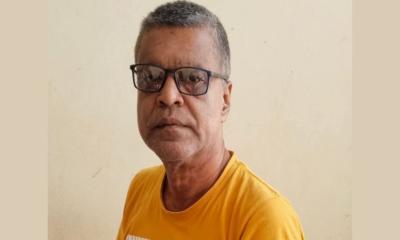
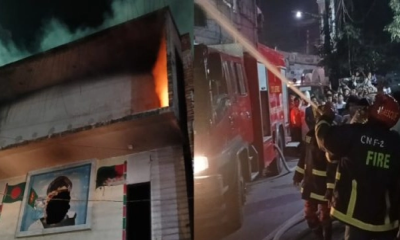
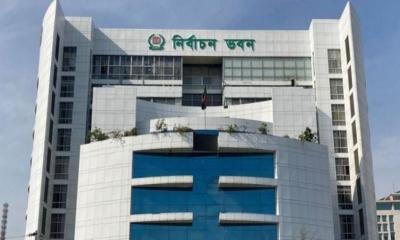
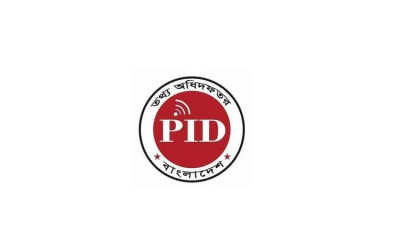
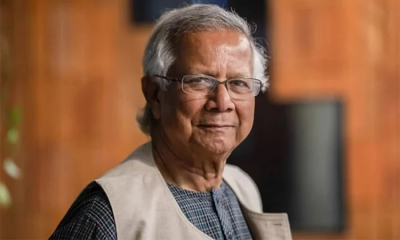
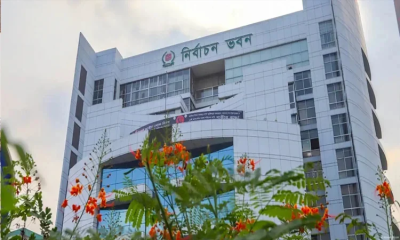


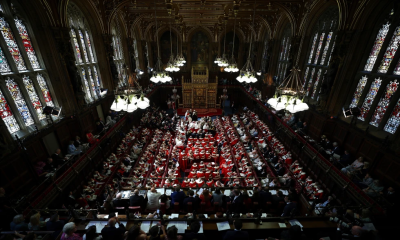




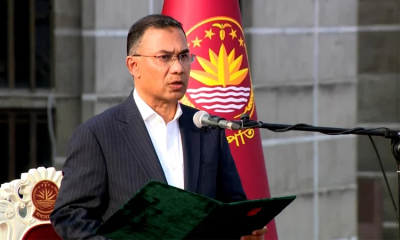
-20260218060047.jpeg)



-20260217073221.webp)















